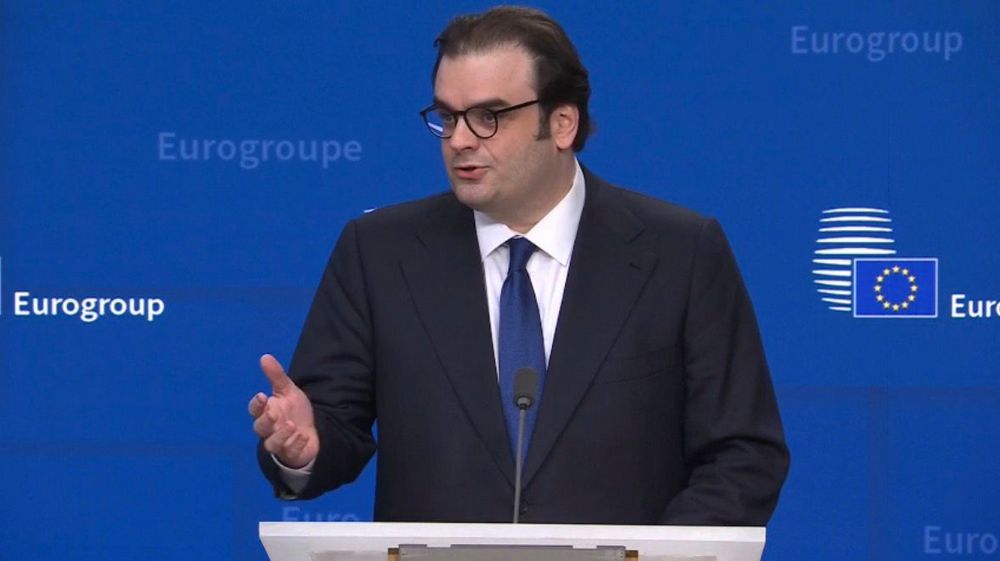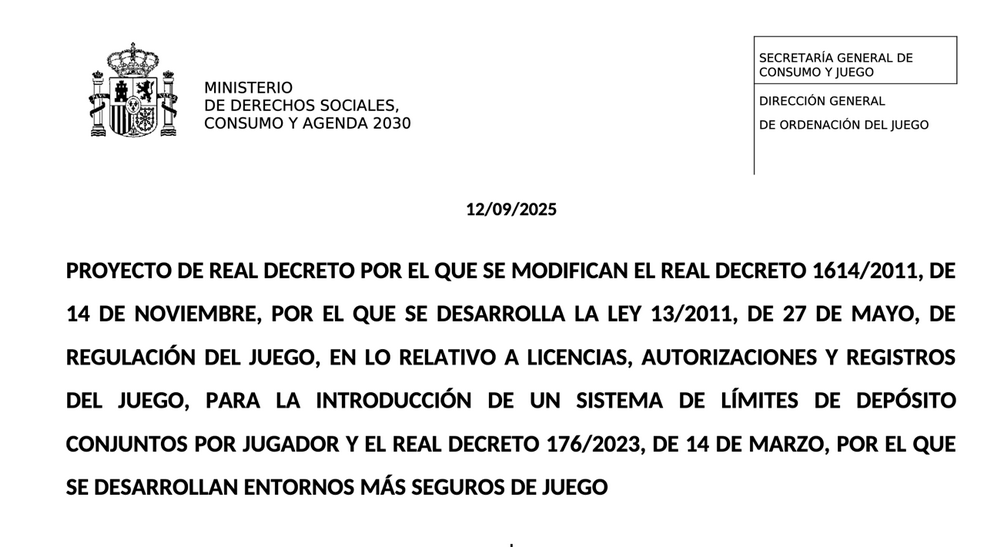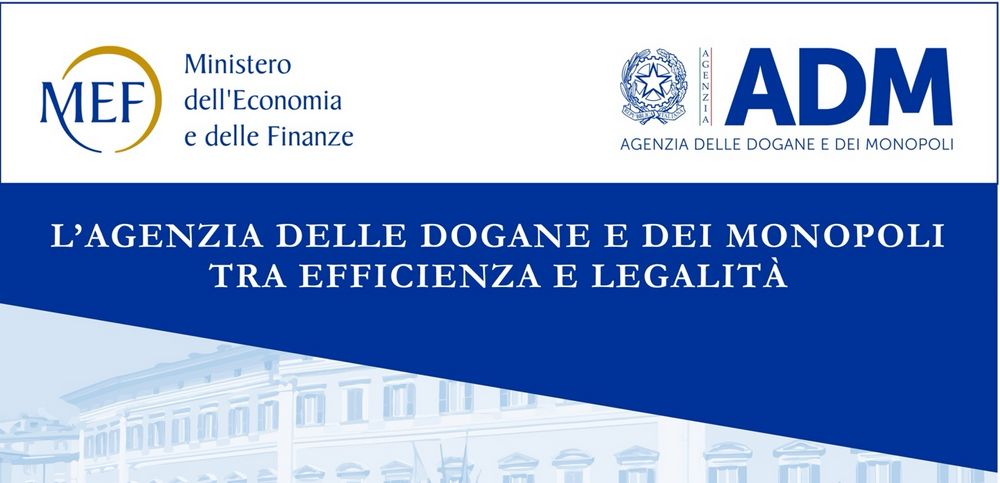Affordability checks are divided into two different protocols, one much more acceptable to players and operators. The other, more intrusive, controversial and that will undoubtedly generate unwanted consequences.
The first form of control is defined as "passive" and focuses only on those players who spend more than £125 (losses) in a month. A verification that has been included in numerous regulated gaming markets and that in any case, by their own decision, is already carried out by many operators for similar amounts.
A second security protocol translates into more detailed measures like the credit verifications carried out by telephone companies or large stores to issue loyalty cards or allow installment purchases. In this case, they would be taken from those players who spend more than 1,000 pounds and this would be where the controversy arises.

POTENTIAL IMPACT AND OBJECTIVES
These controls, if the second protocol is executed, would affect approximately 3% of the clients, but these clients represent around 50% of the deposits that players make in most online casino operators. A percentage that, although it has been significantly reduced in recent years, does not reflect the reality in products such as poker and sports betting, where many operators advocate for a higher "lifetime value" even if it is at the expense of a reduced activity or average bet.
The widespread opposition to this control is not limited to the industry but the community of bettors and poker players have been critical, since the controls would lead to intrusive requests for personal and financial documents, which could deter many bettors from participate in a regulated market.








































